Bail secured for alleged ‘tobacco empire mastermind’
In recent weeks Jones + Associates conducted an application for bail in the Supreme Court of Queensland. The applicant is alleged to be the “mastermind behind a tobacco empire” worth in excess of $20M.
Following an extensive investigation undertaken by the Crime and Corruption Commission (CCC), the applicant was charged with 55 criminal offences relating to the alleged operation of tobacco stores, including offences related to dealing with the proceeds of those stores.
The application conducted by our office was successful and the applicant was released back into the community.
This result was particularly pleasing given the challenging circumstances surrounding the matter, including the seriousness of the alleged offences.
A common issue encountered in applications such as these is the fact that the crown (DPP/CCC/Police) are not required to provide evidence of the matters they assert in court. That generally means there are many ‘facts’ argued regarding the alleged offending that the court can accept without any actual evidence being provided or referred to by the crown.
The difficulty faced by those attempting to secure bail is that it is extremely difficult, if not impossible, to mount any compelling argument against allegations when there is no evidence relied upon to support that allegation.
The importance of well-considered tactical approaches to applications such as this cannot be underestimated. There are many different considerations court must take into account when considering whether to grant bail and having experienced and competent advice will assist in ones prospects of success with these often complex and costly applications.
Should you have any queries regarding Supreme Court bail applications please do not hesitate to contact our office on (07) 3229 3166.
What You Need to Know About Bail Applications in Queensland
You Need to Know About Bail Applications in Queensland
In the context of criminal law matters, the term bail is synonymous, but it is often played with confusion. In this podcast, Jones + Associates Director, Alex Jones, talks about all things bail.
Bail Granted for Major Drug Importation Suspect
Jordan Brennan had a successful Supreme Court bail
Jones + Associates’ client, Jordan Brennan had a successful Supreme Court bail application before Justice Paul Freeburn, who granted bail on 26 charges, including possessing unlawfully imported cocaine and attempting to possess unlawfully imported cocaine – on September 7.
Prosecutors allege that Brennan and his co-accused, Brendan Sipple, retrieved 400kgs hidden in a floor of a shipping container between May 8 and May 12, 2020.
Brennan was also granted bail on a number of charges relating to the alleged kidnap and torture of Eduardus Groenewegen. He was also granted bail on charges of possession of handguns and other items.
What Does Bail Mean and Will I Get It?
These days, it seems like every channel that you flip to on the television is some kind of cop show or procedural drama. Because of this, even the average lay-person can use terms like ‘parole’ and ‘bail’ in everyday conversation. However, that doesn’t signify that the meaning of these terms are clear. Despite inclusion in the common vernacular, the reality of bail may be a bit more significant than you might expect.
What is ‘bail’?
Bail is a pivotal aspect at the start of a person’s criminal defence. When awaiting trial, a defendant may apply for bail which, if the application is approved, will allow them to await trial while remaining free in the community. If the application for bail fails, the offender will need to remain in police custody until the trial. Bail is a written agreement, known as an undertaking, for the offender to show up for their trial at a specific date and time. Bail may also include additional considerations such as: reporting (to a police station, for example), residential conditions (not moving while on bail), and fines.
Watch-house bail: The most basic form of bail, watch-house bail, is granted when you are arrested and charged with an offence but you are allowed to remain at liberty within the community, provided that you sign a bail undertaking stating your agreement to appear before the court at a specific day and time.
Court bail: If you are denied watch-house bail, your alternative option is to apply to court to be granted bail. Once you sign the agreement, you will be released from custody and will be free to remain in the community until your agreed-upon court date and time. If your agreed-upon court date is then rescheduled, you will be required to sign an additional bail agreement or else you might be arrested.
Bail enlargements: Sometimes, a person who has been charged with an offence will be assigned multiple court dates. In this case, the person may want to apply for a ‘bail enlargement’ so that they can remain in the community until the later court date, rather than needing to apply for multiple bail agreements at each stage of the process.
What does the court consider when considering a bail application?
After a person applies for bail, the court must then decide whether or not to grant the application or deny it. There are a number of factors that the court must consider. The Bail Act 1980 (Qld) states that an application for bail will only be granted if custody is not necessary to ensure the safety of the applicant and the applicant is not considered an “unacceptable risk” of:
- failing to appear at the agreed upon date and time;
- failing to surrender into custody;
- committing an offence while released on bail;
- endangering the victim of the offence for which the applicant was charged;
- endangering any other person;
- interfering with the investigation, witnesses, or otherwise obstructing justice.
There are numerous other aspects of an individual’s circumstances that the court will consider, including (but by no means limited to):
- Personal matters: job, children, residence.
- Previous history with the criminal justice system, such as their criminal record. Also, have they missed court dates before?
- Risk of releasing back into the community: Are they likely to flee? Are they dangerous? Are they likely to commit further offences?
- The matter at hand: nature and severity of the offence charged; strength of the evidence against them; are they/someone they know able to provide surety/financial collateral if bail is breached?
- Any other issue the court deems relevant to the matter.
While bail is a beneficial mechanism for many individuals as they await trial, there is a great deal of rationale behind the court’s decision to either grant or deny bail. If you or a loved one have questions or concerns about what bail really means, or how you might apply for it, please contact an experienced Brisbane Criminal defence lawyers today at Jones + Associates. They will be your best resource as you attempt to navigate the criminal justice system.

